Search
There is a strong unmet need to improve systemic therapy in mesothelioma. Chemotherapy with cisplatin and pemetrexed improves survival in malignant pleural mesothelioma, and immune checkpoint inhibitors are an emerging treatment in this disease. We aimed to evaluate the activity of durvalumab, an anti-PD-L1 antibody, given during and after first-line chemotherapy with cisplatin and pemetrexed in patients with advanced malignant pleural mesothelioma.
Acute erythroleukemia (AEL or acute myeloid leukemia [AML]-M6) is a rare but aggressive hematologic malignancy. Previous studies showed that AEL leukemic cells often carry complex karyotypes and mutations in known AML-associated oncogenes.
Transcription factors known to induce the epithelial-to-mesenchymal transition (EMT) (such as ZEB1/2 [zinc finger E-box binding homeobox 1/2], SNAI1/2/3, and TWIST1/2) have been undoubtedly implicated in tumorigenesis, cancer progression, metastasis, and chemoresistance in solid tumors; however, their role in normal and malignant hematopoiesis has been underappreciated for many years.

Join us as WA’s cancer research community comes together at the inaugural West Coast Cancer Meeting.
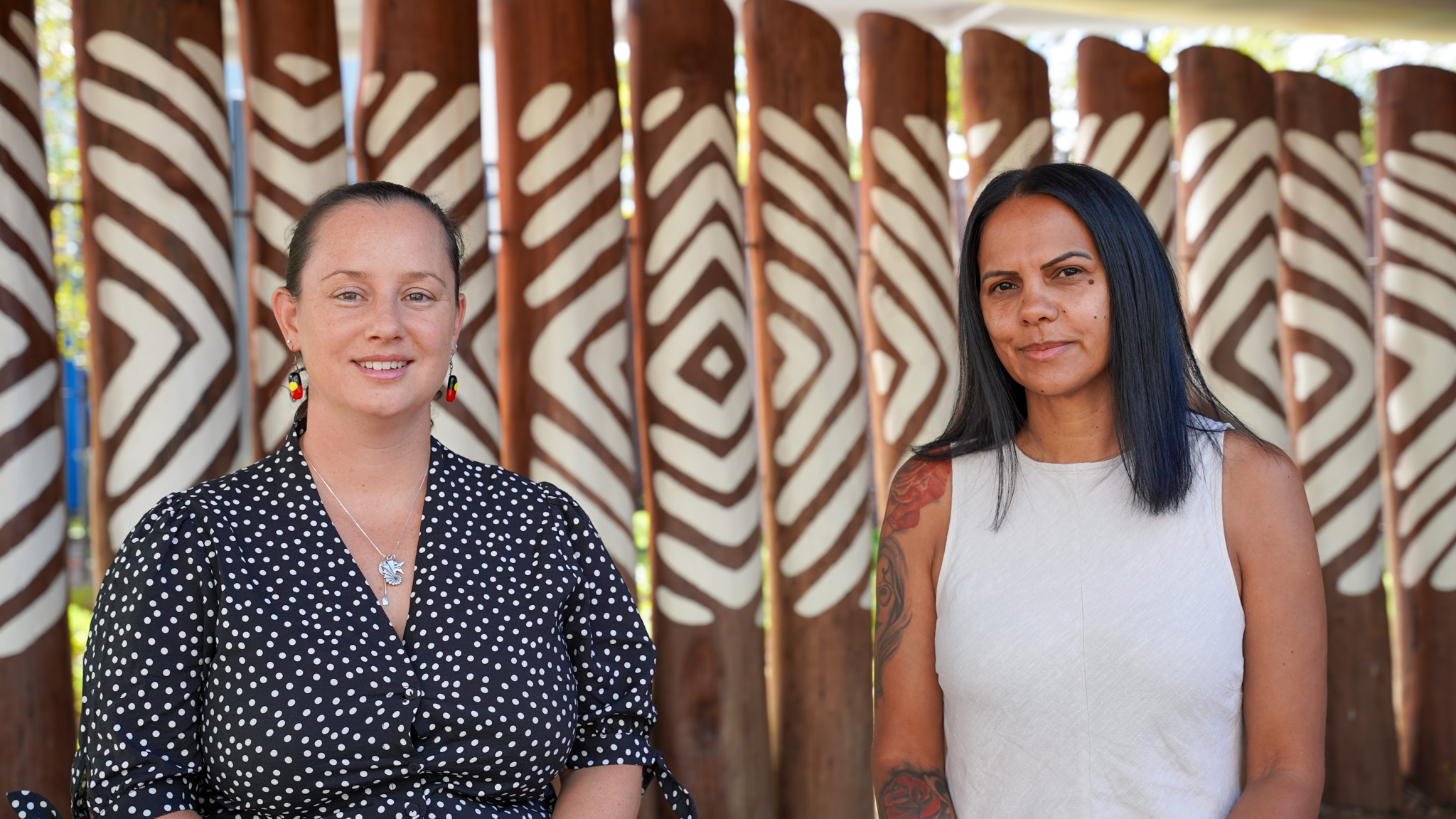
A first of its kind research program at The Kids Research Institute Australia aims to develop new strategies to better treat Aboriginal and Torres Strait Islander children with cancer.
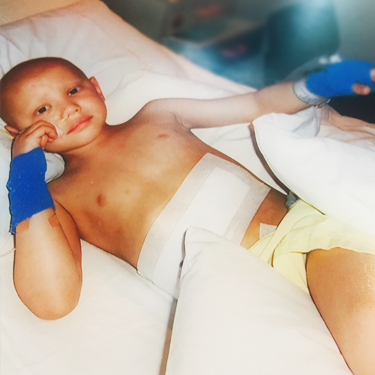
Rennae's son Samuel was diagnosed with stage 4 neuroblastoma 13 years ago, and was originally given a 20% chance of survival. She bravely shares their story.
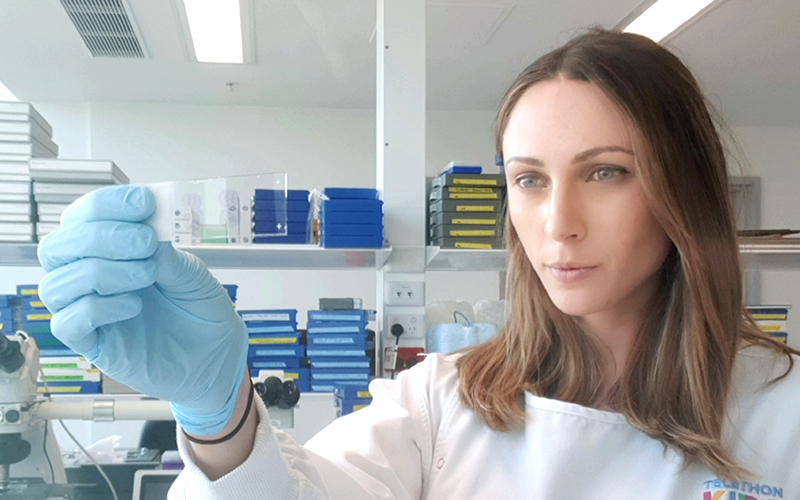
A The Kids Research Institute Australia researcher aiming to reduce the high rate of relapse in children after cancer surgery has won a prestigious post-doctoral fellowship from the Forrest Foundation.
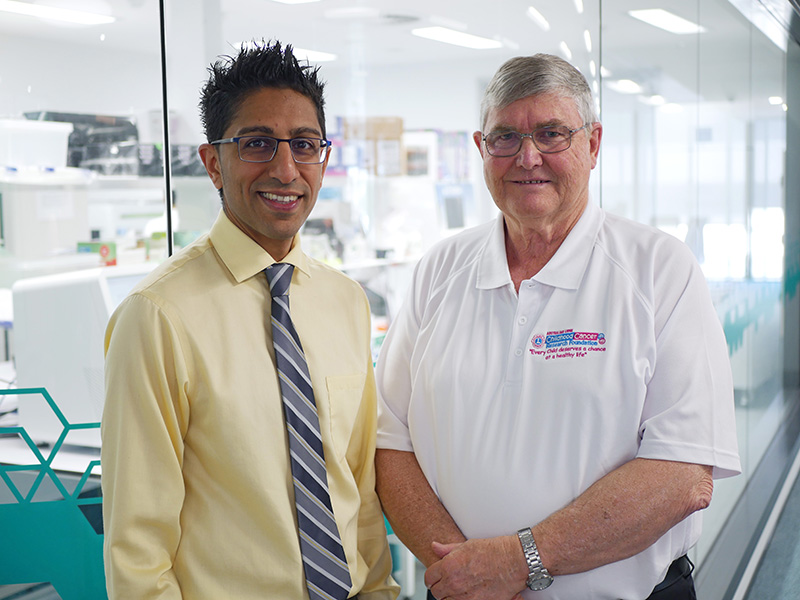
Australian Lions Childhood Cancer Research Foundation has announced it will provide $1.05 million of funding to The Kids Research Institute Australia.
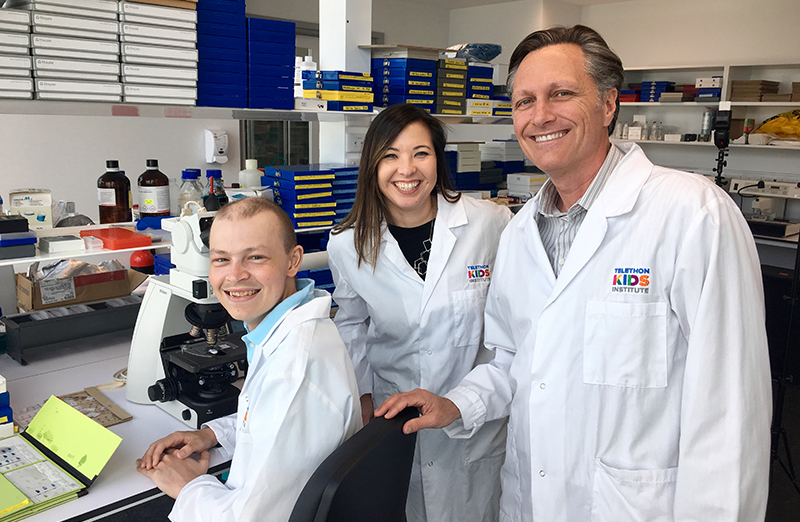
The Kids Research Institute Australia and Perth Children’s Hospital will lead an international clinical trial of a novel drug combination they hope will increase cure rates for one of the most aggressive forms of childhood brain cancer.
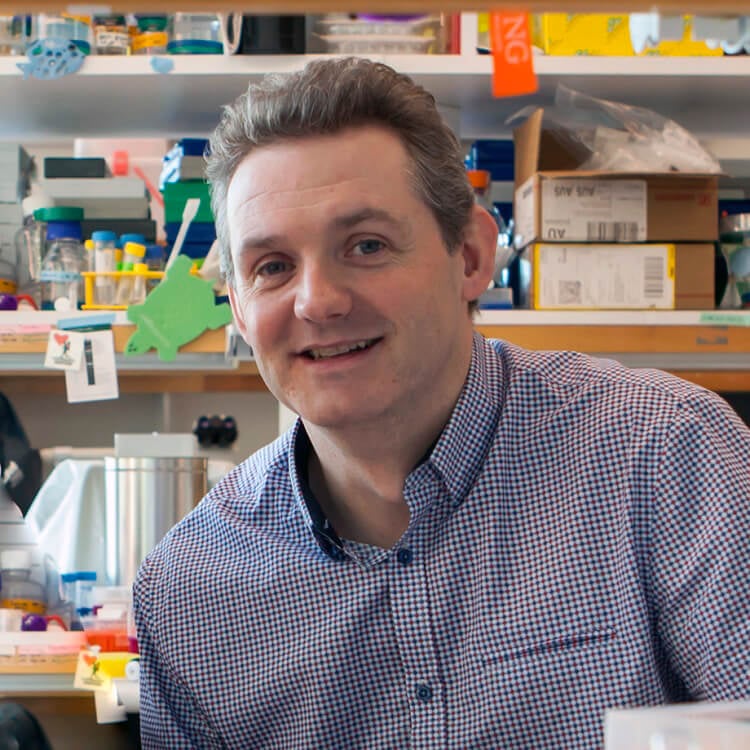
The Kids cancer researcher & clinician Dr Nick Gottardo has been announced as the recipient of an Innovation Grant from the Cure Brain Cancer Foundation.
